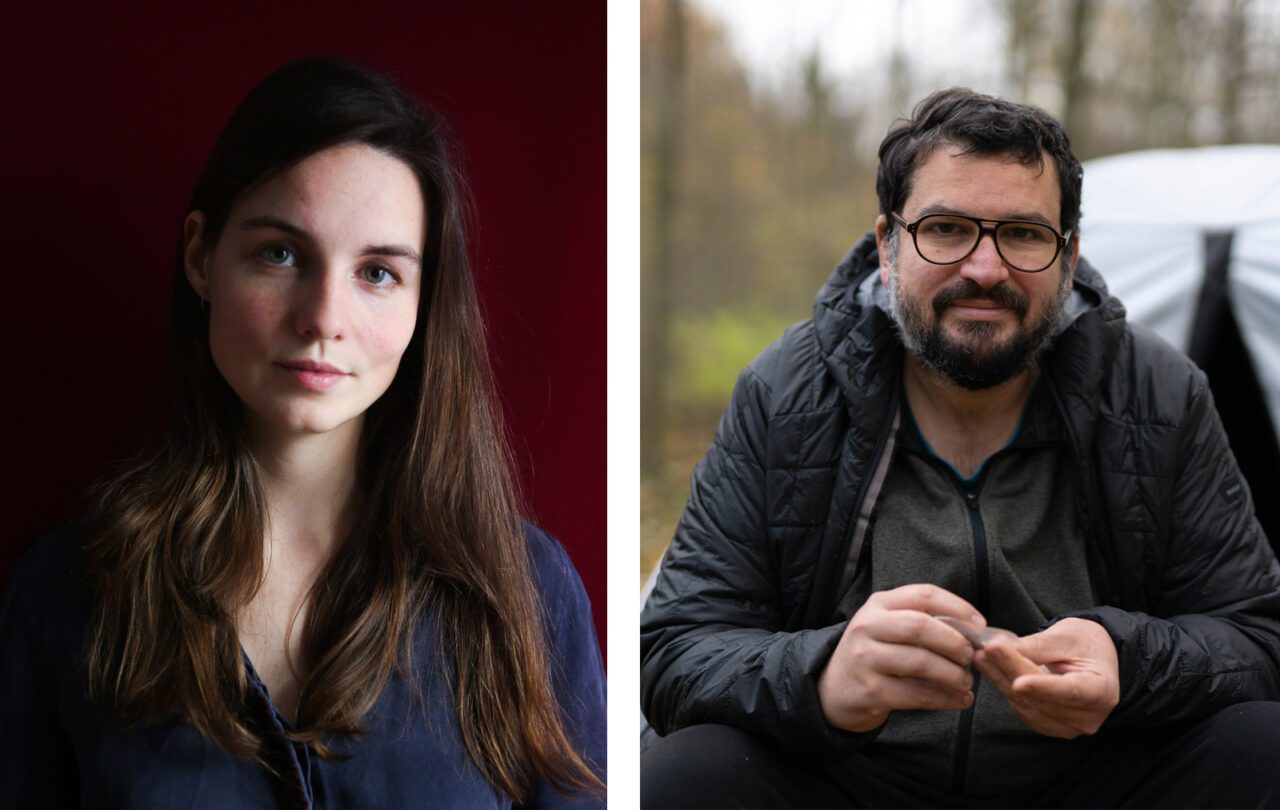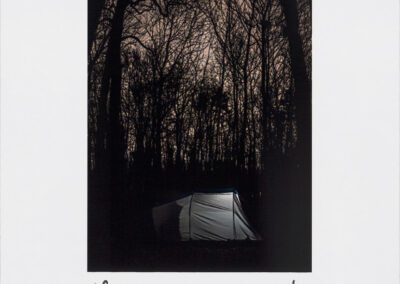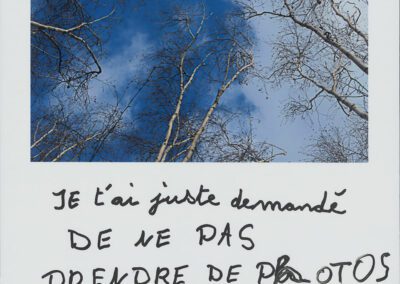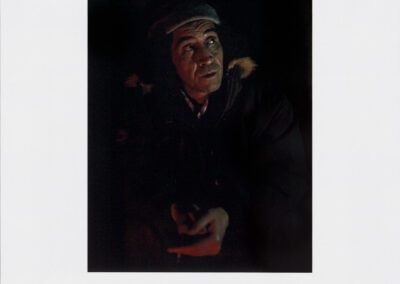Victorine Alisse & JS Saia: Guest photographer 2023
JS SAIA
Originally from Switzerland, JS has been a La Cloche ambassador for the past five years. participated in the construction of La Cloche’s Form’action “Aller Vers”. Passionate about photography, which enables him to bear witness to his experiences, with the aim of changing society’s view of the street and its inhabitants. society’s view of the world of the street, and to bring all those who live there out of the shadows. In 2021, he was co-winner of the Prix Caritas Photo Sociale with “Au grand air ( The Great Outdoors)” with Victorine Alisse.
VICTORINE ALISSE
The granddaughter of a farmer, Victorine Alisse has been working on a long-running documentary on the disappearance of the farming world. the disappearance of the farming world, with a first part in France and a second in Palestine/Israel. Her documentary approach has led her to deal with social and environmental issues. her photographic work. She is interested in new narrative forms, notably by combining text and images in the “Au grand air ( The Great Outdoors)” series, co-created with JS Saia and awarded the Caritas Photo Sociale prize in 2021.
A member of the Hors Format collective, she regularly collaborates with institutions as well as the French and international press. and international press such as Le Monde, Libération and NZZ. Her work has been exhibited festivals in France and abroad.
Au grand air ( The Great Outdoors)
JS, a volunteer with the association La Cloche, and Victorine, a photographer, met over coffee by way of the La Cloche, which is dedicated to creating social ties and changing the way people look at life on the street. From this meeting the desire to work together on a photographic project was born. Victorine begins by following JS to places that are part of his story; from Parc de Bercy in Paris, where he arrived in 2015, to the Bois de Vincennes, where he has lived since. “I wanted you to imagine for yourself what I experienced in certain places. I tried to make you understand what it’s like to be in my place,” confides JS. Bit by bit a relationship is woven, but very quickly a question arises: how do you describe a reality that’s not your own ? They then decide to collaborate by each taking the camera, with the condition imposed by JS that they not take “clichéd” photographs of street people. We discover in
various of his photographs the virtual omnipresence of nature, a kind of gentleness that contrasts with some of his writings, where a certain anger can be felt. “It’s a cry for help for all people who experience loneliness, isolation and the slowness of bureaucracy,” says JS.
Throughout this series, we deliberately do not dwell on the details of JS’s life in order to focus on the meeting of two perceptions from two different lifestyles. Each shot is followed by an intimate, natural exchange about their photographs, with no taboos. This becomes a means of communicating in itself: more direct, more personal and without artifice. “This project allowed me to express my anger,” says JS. It becomes necessary to write on the prints. They talk about it and confront their perspectives, which are more like a dialogue. These photographs become an attempt to break the prejudices imposed on a way of life often considered marginal and unthinkable.
Au grand air becomes a photographic conversation that doesn’t try to talk about “street people,” but rather to discover a poetic facet of this way of life, which does not prevent loneliness and isolation. “We’re okay here,” JS concludes. “There’s real life in the woods.”




